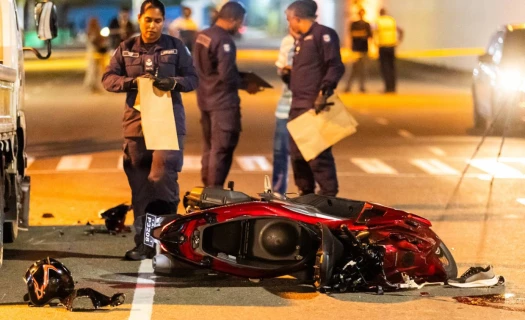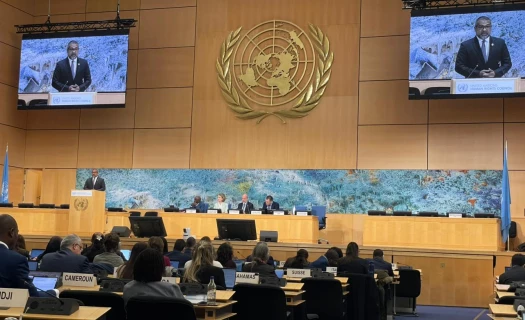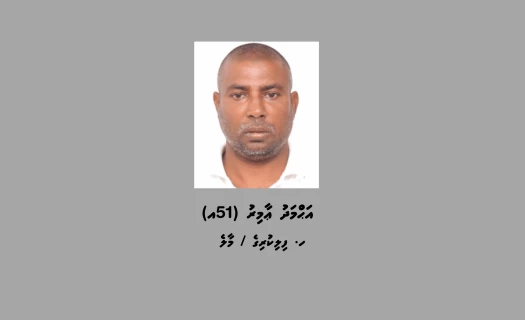Two suspected Mpox cases in Maldives confirmed as Chickenpox: Minister Dr Khaleel

Health Minister Dr. Abdulla Khaleel announced on Thursday that two suspected cases of mpox have been reported in the country.
However, both cases were later confirmed to be chickenpox.
During a press conference, Minister Khaleel clarified that while initial concerns arose over possible mpox infections, no positive cases have been identified in the Maldives so far.
The individuals in question tested positive for chickenpox instead, and the minister reassured the public that mpox does not spread easily.
Currently, no one in the Maldives has shown symptoms of mpox, and the disease has not been imported into the country,
Minister Khaleel stated
Meanwhile, the Health Protection Agency (HPA) has confirmed that the Maldives is taking precautionary measures to prevent the spread of mpox, a viral infection known for causing extensive skin rashes.
Although no cases have been reported domestically, neighboring countries are seeing an uptick in infections.
The disease has been detected in Pakistan, and Thailand recently confirmed a case of the Clade-B1 variant, the most dangerous strain of mpox.
The variant was found in a man who traveled to Thailand from Europe.
Given that many Maldivians travel to Thailand for various purposes, and with Thai nationals also working in the Maldives, the situation is being closely monitored.
HPA Director General Maimoona Aboobakuru stated that while no travel advisories have been issued at this time, incoming travelers will continue to be monitored.
On August 14, the World Health Organization (WHO) declared mpox a public health emergency.
Common symptoms of mpox include fever, body aches, fatigue, and skin lesions that can develop into pus-filled blisters.
The disease poses higher risks for pregnant women, children, and individuals with compromised immune systems.
Although many cases resolve without the need for hospitalization, severe instances may require medical intervention.














